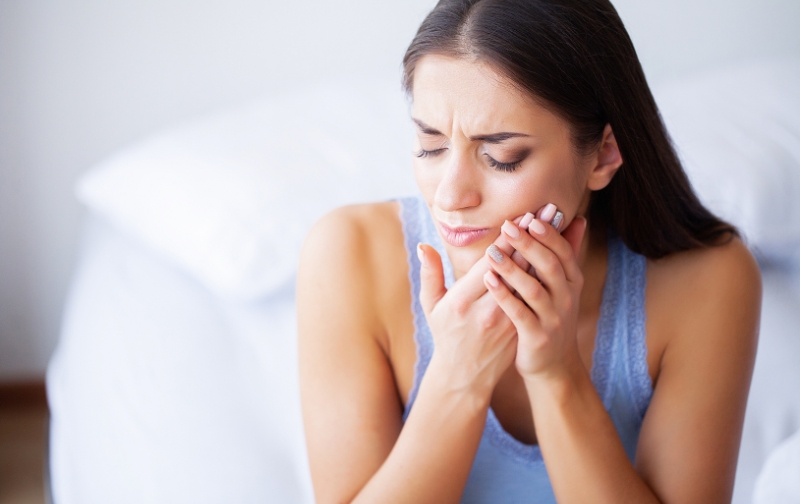Lip, Tongue, and Gum Cuts: What to Do Before Your Visit

Mouth cuts look dramatic. Saliva drips into the blood, nerves are close to the surface, and it seems like the pain is bigger than the injury. Quick, calm oral care steps at home can protect soft tissues, minimize infection risk, and make your dental visit more effective. Traumatic dental injuries can happen to people of all ages, so a simple plan helps you act without panic.
First, stop the bleeding
Wash your hands and put clean gauze or a folded cloth directly on the cut. Press the gapping wound firmly with steady pressure for 10–15 minutes. If the pad gets wet through, put a new one on top without removing the first one. This is the best way to control bleeding in the mouth.
Clean and cool—gently
Once bleeding is slowed, rinse your mouth with warm water to remove debris. Avoid scrubbing the wound. For the outside of the lip or cheek, apply a cold compress to minimize swelling and pain. The American Dental Association’s lip/tongue bite recommendations are simple: rinse using water and apply a cold compress. Most minor cuts in the mouth will stop bleeding within 5–10 minutes if pressed firmly.
Smart pain care
Over-the-counter medicines might help, but don’t put aspirin on gum tissue—it’ll burn the mucosa straight away. Don’t use alcohol-rich mouth rinses on fresh wounds. For gentle care, use plain water or a soothing saltwater rinse late in the day. Consume soft, cool food and avoid spicy or acidic foods for a day or so. Rinse with water after meals to keep the area clean.
What if it’s an emergency
Visit an emergency dentist in Rocklin immediately if any of the following occur:
- Bleeding that doesn’t slow after 10–15 minutes of direct pressure
- Trouble breathing, deep or gaping cuts (≥½ inch), or suspected broken facial bones
- Signs of infection later (fever, worsening swelling, pus, bad taste)
Post-treatment, you can begin today
For the rest of 24–48 hours, continue brushing neighboring teeth and rinsing with water after meals so food won’t irritate the cut. Continue cold compresses in brief episodes for puffiness. Most lip or tongue injury heals quite well with this in-home treatment, especially when bleeding is controlled early on.
Lessen the odds next time
Sports are a leading cause of orofacial injury. A tailored mouthguard reduces risk in contact sports—basketball, baseball/softball, hockey, and countless others. Talk to your emergency dental team about options if you play sports regularly.
Oral care is simple: treat tissues now and arrive at your appointment with a stable, clean wound. If you do need help, Discover Dental Rocklin is here to assist you—call, and we’ll guide you through the safest next step.




